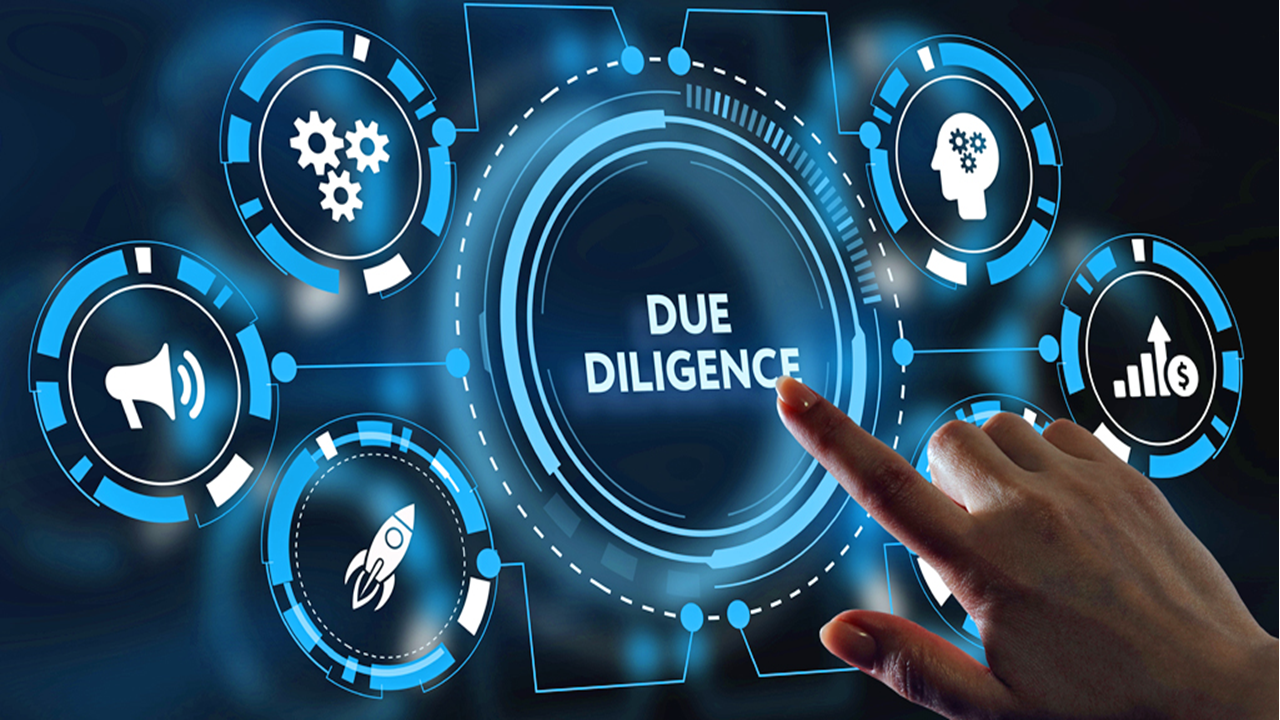In the realm of mergers and acquisitions (M&A), due diligence is a critical phase that demands transparency, security, and efficiency. Digital due diligence data rooms have emerged as indispensable tools, revolutionizing how businesses manage and conduct these processes.
Ensuring Transparency in Due Diligence Processes
A due diligence data room plays a pivotal role in ensuring transparency throughout M&A transactions. These secure platforms centralize the storage and management of crucial documents such as financial records, legal contracts, and operational reports. Stakeholders, including buyers, sellers, legal advisors, and investors, can access these documents in real-time from anywhere in the world. This centralized access fosters transparency by allowing all parties to review the same information simultaneously, facilitating informed decision-making and reducing the risk of misunderstandings.
Efficient due diligence processes are essential for navigating complex M&A transactions. Data room software streamlines these processes by providing advanced search functionalities and customizable access controls. These features ensure that sensitive information is protected while enabling efficient document retrieval and review. Additionally, data room software enhances security through robust encryption and multi-factor authentication, safeguarding data from unauthorized access and breaches.
Looking ahead, future trends in due diligence data room solutions are promising. Emerging technologies such as artificial intelligence (AI) and blockchain are being integrated to further enhance security and automate document management processes. AI-driven analytics improve the accuracy of due diligence processes by identifying patterns and anomalies in large datasets, while blockchain technology ensures tamper-proof audit trails for enhanced transaction transparency and accountability. To explore more about ensuring transparency, read this article – What are the best practices for ensuring transparency and accountability in governance models?
Benefits of Due Diligence Data Rooms for Legal Compliance
One of the primary benefits of due diligence data rooms lies in their pivotal role in ensuring legal compliance, particularly in the context of M&A transactions where adherence to regulatory requirements and confidentiality agreements is critical. Data room software offers a comprehensive array of robust security features designed to fortify sensitive information. These include advanced encryption protocols, multi-factor authentication mechanisms, and precise access controls. Such measures collectively safeguard against unauthorized access and potential data breaches, bolstering the integrity and confidentiality of transactional data.
Moreover, data room solutions are instrumental in facilitating compliance with stringent legal standards and industry regulations. By implementing stringent security protocols, data room software ensures that sensitive documents remain protected throughout the due diligence process. Audit trails and version control mechanisms provide additional layers of transparency and accountability, meticulously tracking document access and modifications. This not only fosters a culture of transparency but also reinforces the credibility of the due diligence process, assuring stakeholders of the thoroughness and legality of the procedures undertaken, thereby enhancing compliance in due diligence.
As businesses navigate increasingly complex regulatory environments, the role of due diligence data rooms in upholding legal compliance becomes increasingly indispensable. By integrating cutting-edge security technologies and robust compliance features, these platforms empower organizations to navigate regulatory landscapes with confidence and precision. They enable seamless adherence to legal requirements while facilitating an efficient and secure exchange of critical information, ultimately safeguarding the interests of all parties involved in M&A transactions.
Understanding the key benefits of virtual data rooms is crucial for modern businesses involved in mergers and acquisitions (M&A) to enhance security, streamline due diligence processes, and facilitate efficient document management.
Future Trends in Due Diligence Data Room Solutions
Looking ahead, the future of due diligence data rooms promises continuous innovation to meet evolving business needs. Emerging future trends include the integration of artificial intelligence (AI) and machine learning (ML) algorithms to enhance due diligence processes. AI-driven analytics can automate document analysis, identify patterns, and flag potential risks, thereby improving the accuracy and efficiency of due diligence investigations. Moreover, advancements in due diligence data room solutions and virtual data rooms will prioritize user experience with intuitive interfaces, seamless integrations with existing business tools, and enhanced mobile accessibility. These innovations aim to streamline due diligence workflows, reduce operational costs, and accelerate deal timelines.
Furthermore, future advancements in due diligence data room solutions and virtual data rooms will focus on enhancing user experience and operational efficiency. These innovations will prioritize intuitive interfaces that simplify navigation and promote seamless interactions. Integrations with existing business tools will become more robust, enabling smoother workflows and reducing the need for manual data transfers. Enhanced mobile accessibility will empower stakeholders to securely access and manage documents from anywhere, optimizing collaboration and responsiveness during critical M&A processes.
These progressive developments aim not only to streamline due diligence workflows but also to reduce operational costs associated with traditional methods. By centralizing document management and improving data accessibility, organizations can achieve greater transparency and compliance with regulatory requirements. Ultimately, these innovations are set to redefine how due diligence is conducted in the digital age, empowering businesses to navigate complex transactions with heightened efficiency and confidence.
Conclusion
In conclusion, due diligence data rooms have become indispensable tools in the realm of mergers and acquisitions (M&A), transforming how businesses manage these critical processes. They ensure transparency by centralizing document storage and enabling real-time access for all stakeholders, which fosters informed decision-making and minimizes misunderstandings. Data room software enhances efficiency through advanced search capabilities and secure access controls, safeguarding sensitive information throughout complex transactions. Looking forward, the integration of technologies like AI and blockchain holds promise for further enhancing security and automating document management. These innovations are set to streamline workflows, lower costs, and expedite deal timelines, marking a significant evolution in M&A due diligence practices




